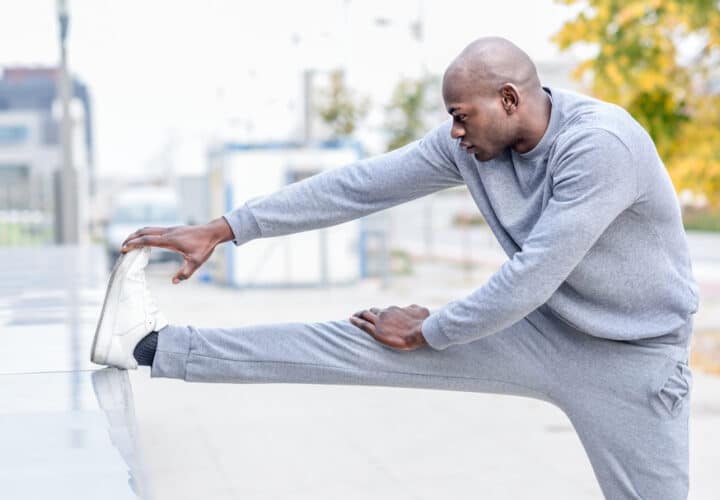Light physical activity—even an activity as simple as retrieving your mail or taking the dog on a walk—could keep your brain healthy, according to new evidence from Boston University School of Medicine.
People who regularly engage in light physical activity have larger brains, according to the study.
It’s hard to downplay the effect of physical fitness on the brain—experts suggest it lowers dementia risk between 30 and 90 percent. On the higher end, a study from Sweden showed that women who had high physical fitness were 88 percent less likely to develop dementia. If they did, it was an average of 11 years later than their less-fit counterparts—the difference between developing dementia at age 79 vs. age 90.
On the lower end of physical fitness, studies show that simply getting more walks in can lower dementia risk by up to 60 percent.
So, what qualifies as enough exercise to make a difference in your brain? According to the new 2018 Physical Activity-Guidelines for Americans, 150 minutes of exercise per week is optimal for health benefits. But the study from Boston, published in JAMA Network Open, found that every little bit counts.
“Every additional hour of light intensity physical activity was associated with higher brain volumes, even among individuals not meeting current Physical Activity-Guidelines. These data are consistent with the notion that potential benefits of physical activity on brain aging may accrue at a lower, more achievable level of intensity or volume,” explained Nicole Spartano, Ph.D., research assistant professor of medicine at Boston University School of Medicine (BUSM).
Researchers from BUSM used data from the Framingham Heart Study to show that each extra hour of light physical activity per week was the equivalent of 1.1 years less of brain aging.
“We have really only just begun to uncover the relationship between physical activity and brain health,” said Spartano.
The research shows that people don’t need a whole hour or even a gym membership to reap the brain benefits of exercise. And since adults over the age of 60 lose about 0.2 percent of their brain’s volume every year and a brain starts to shrink long before symptoms like memory loss show up in people with the signs of dementia in their brains.
Exercise also prevents heart disease, Type 2 diabetes and stroke—all strongly associated with an increased risk of dementia.


